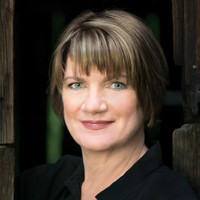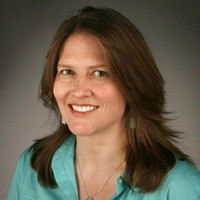Jeff Sharlet writes about politics and religion for Esquire, GQ, New York Times Magazine, and more.
“I like the stories with difficult people. I like the stories about people who are dismissed as monsters. I hate the term ‘monster.’ ‘Monster’ is a safe term for us, right? Trump’s a monster. Great, we don’t need to wrestle with, ‘Uh oh, he’s not a monster. He’s in this human family with us.’ I’m not normalizing him. I’m acknowledging the fact. Now, what’s wrong with us? If Trump is human, what’s wrong with you?”
Thanks to MailChimp, Squarespace, and Blue Apron for sponsoring this week's episode.



















